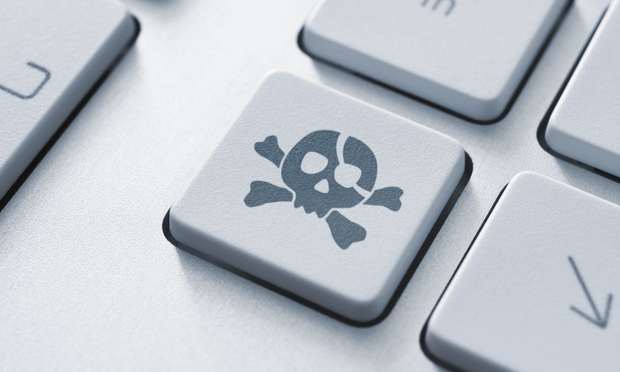Almost 30 percent of all piracy takedown requests are problematic, with millions taking aim at targets that do not even match the alleged infringing content, according to a new study looking at the impact of copyright takedowns on free expression in the United States.
At a time when the U.S. Copyright Office is looking at ways in which the government might alter the Digital Millennium Copyright Act (DMCA), the study, “Notice and Takedown in Everyday Practice,” by copyright experts at the University of California at Berkeley Law School and the American Assembly at Columbia University, has found that the notice-and-takedown process is flawed in significant ways. The notices are riddled with errors, in part because major online content sharing services rely on automated content filters, the study says. As a result, a great deal of legal and legitimate content remains offline.
This content has been archived. It is available through our partners, LexisNexis® and Bloomberg Law.
To view this content, please continue to their sites.
Not a Lexis Subscriber?
Subscribe Now
Not a Bloomberg Law Subscriber?
Subscribe Now
LexisNexis® and Bloomberg Law are third party online distributors of the broad collection of current and archived versions of ALM's legal news publications. LexisNexis® and Bloomberg Law customers are able to access and use ALM's content, including content from the National Law Journal, The American Lawyer, Legaltech News, The New York Law Journal, and Corporate Counsel, as well as other sources of legal information.
For questions call 1-877-256-2472 or contact us at [email protected]






